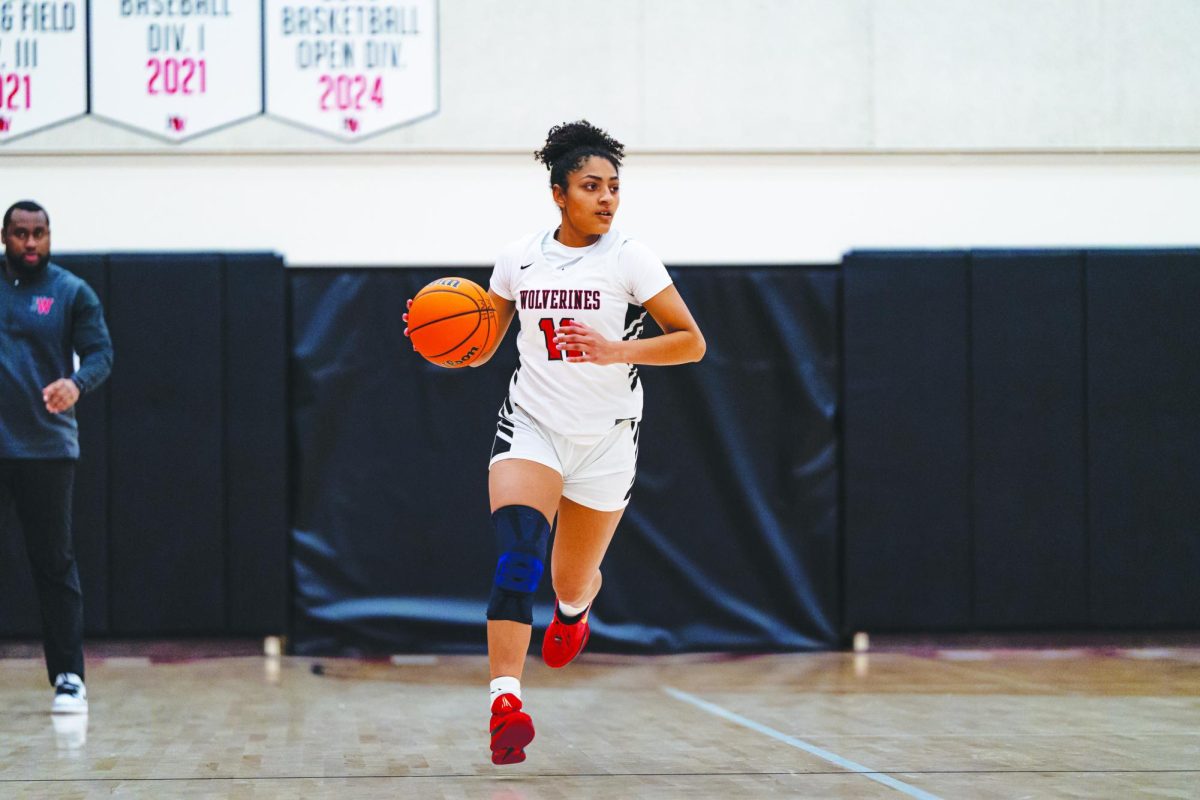By Alex Leichenger
Varsity teams, on average, finished in the 57th percentile of grade point average for schools with enrollment of 1,500 or fewer students in the CIF Southern Section’s 26th annual academic team championships, which were announced in early April.
Academic rankings for teams are based on unweighted, 4.0-scale GPAs.
Boys’ soccer had the highest ranking of any Harvard-Westlake team at third place out of 39, with a GPA of 3.626. Girls’ cross country and softball were the only other teams to place in the top quartile of schools in their respective sports. Sixteen of 22 eligible Harvard-Westlake teams finished in the top half of their divisions.
Last year’s varsity teams averaged placements of the 63rd percentile in GPA, with 10 of 22 in the top quartile and 14 in the top half. Wrestling won the academic title and was honored in a ceremony at Angel Stadium.
The Southern Section does not give out academic awards for field hockey or lacrosse because less than 20 percent of schools with CIF membership field these teams at the varsity level.
Head of Athletics Audrius Barzdukas does not think GPA alone is the best barometer for the performance of student-athletes, especially when grading scales differ between schools.
“We absolutely at this school don’t judge anybody solely on the basis of [his or her] GPA,” Barzdukas said. “Not even close. It wouldn’t be much of a fun place to go to school if that was all you were judged on. I think it’s a great award — believe me, we hang those banners, and we are proud and we proclaim our pride when we get those banners also. But our challenge is for each of us to always be asking ourselves, ‘Are we achieving our potential as students, as scholars, as athletes, as artists?’”
Barzdukas believes that at Harvard-Westlake, many other criteria must be considered, including the colleges to which students are accepted, test scores and their overall progress as people.
“One of the things I think is great about our school is between administration, faculty, the deans, it’s a conversation about each person,” Barzdukas said. “And we take in the totality of data, and there’s also a subjective component … You’re not just in this mass of humanity where here’s a file with a grade and a score … It would probably make everyone’s life easier and more simple if it was just some kind of formula, but that’s not how we do it. It’s a human process here in terms of assessing whether you are having a good experience, maximizing your potential.”
The academic championship results showed a slight downward trend for teams in their academic percentiles as winning percentage increased, but there was no correlation between team winning percentage and GPA within Harvard-Westlake itself.
Barzdukas does not think academic and athletic success are mutually exclusive.
I fight that,” Barzdukas said. “Because to me, that is jumping on the slippery slope to really wrong thinking about innate talents. I think it is entirely possible, in fact I’m here because I believe it’s possible to be a good student and a good athlete and good person all at the same time and that achieving that is just a matter of putting the work in in all three of those areas. I 100 percent disagree with the idea that you cannot be good in those two areas at the same time.”


























